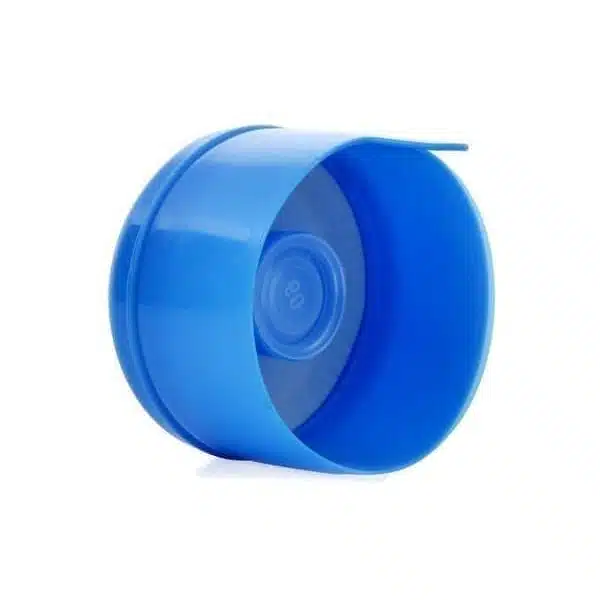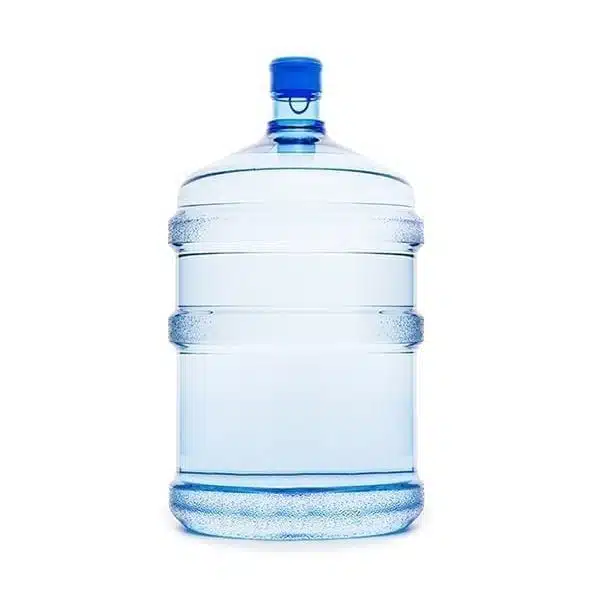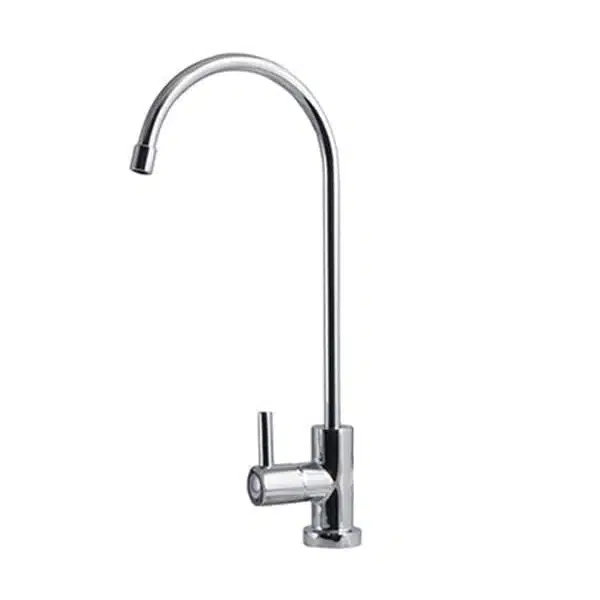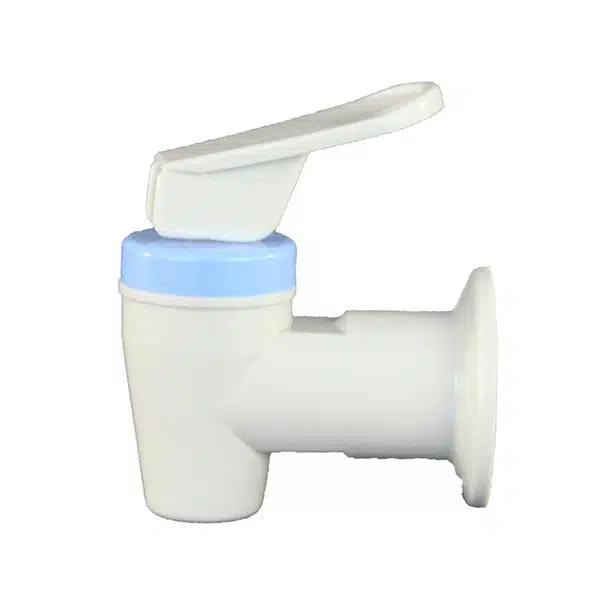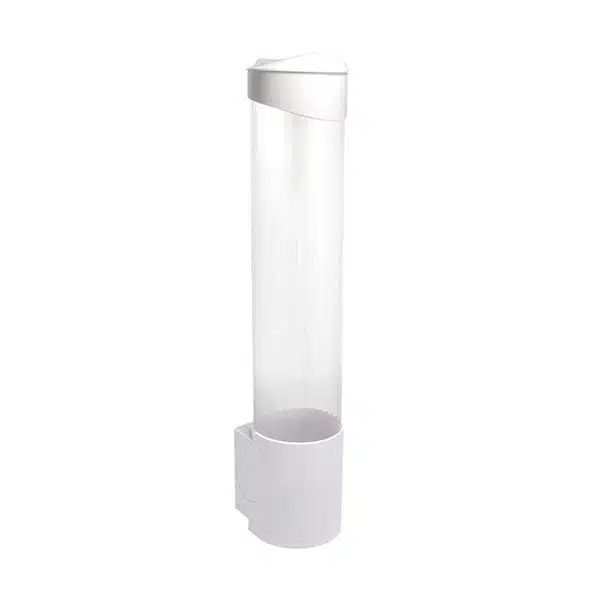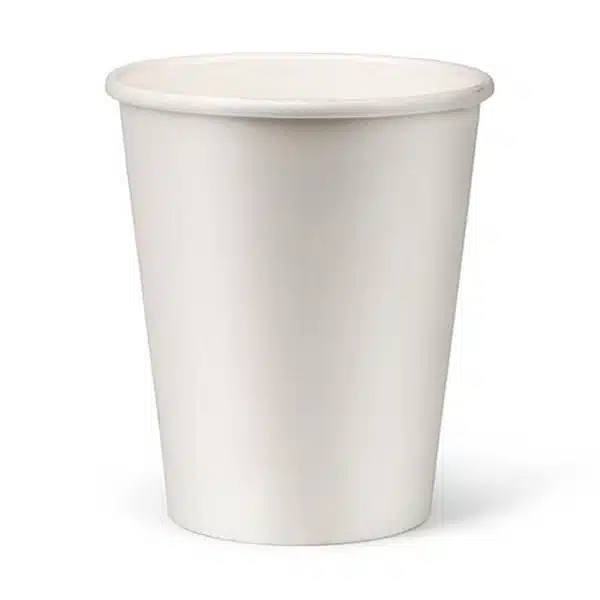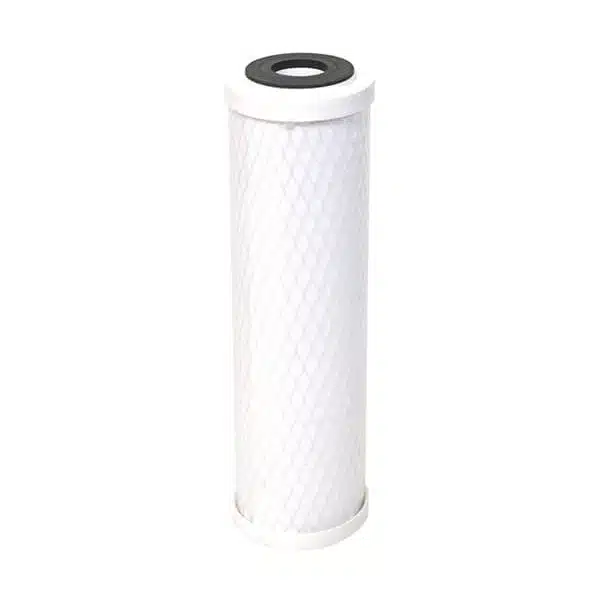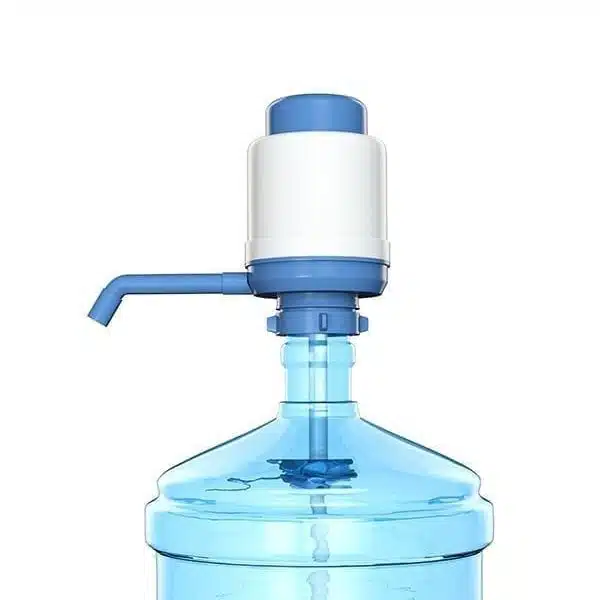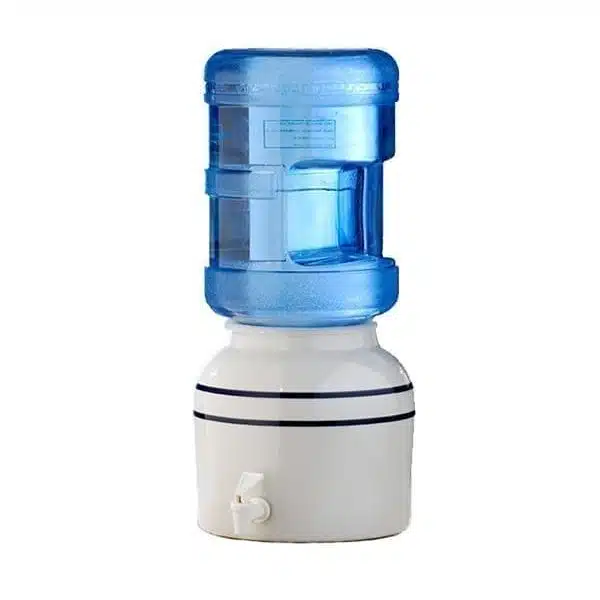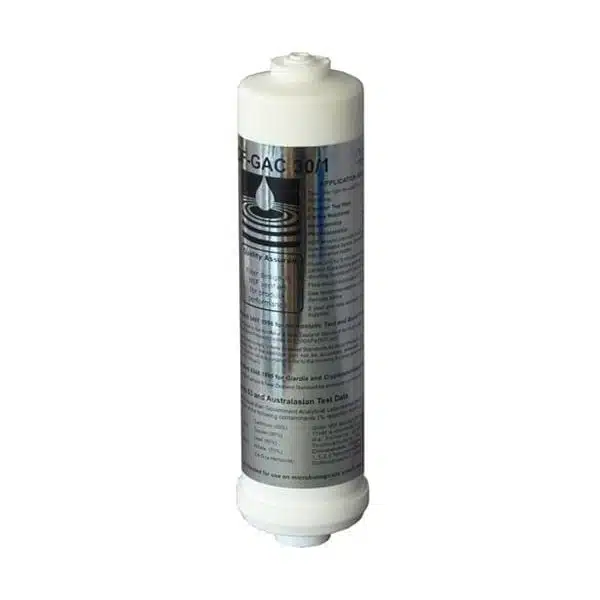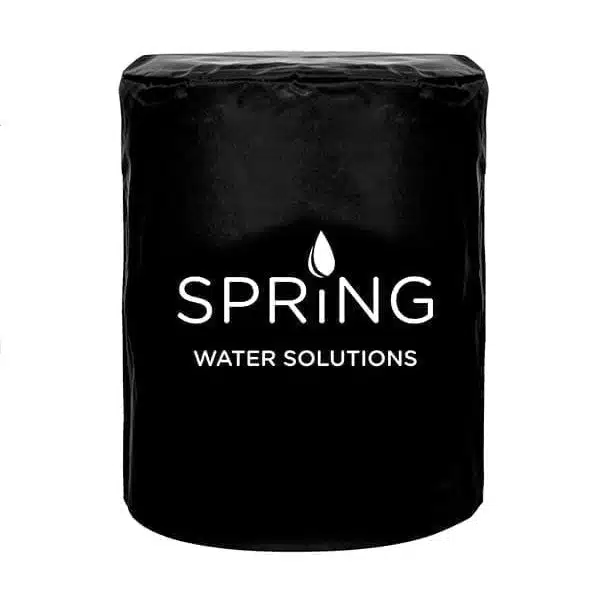The Importance of water cooler servicing
ensuring refreshment and hygiene

In workplaces, educational institutions, and public spaces, water coolers stand as essential fixtures, providing hydration and refreshment to countless individuals daily. However, the significance of regular servicing for these machines often goes unnoticed. Regular maintenance not only ensures the optimal functioning of water coolers but also safeguards against potential health hazards. In this article, we delve into the reasons why servicing water coolers is crucial and how often it should be performed.
Firstly, let’s address the importance of water cooler servicing. These units are susceptible to various issues over time, including mineral buildup, bacterial contamination, and mechanical malfunctions. Without proper maintenance, these problems can compromise the quality of the water dispensed, leading to unpleasant tastes or odors and potentially harmful health consequences. Moreover, neglecting servicing can result in decreased efficiency and lifespan of the equipment, ultimately leading to higher operational costs.
Regular servicing helps mitigate these risks by addressing common issues proactively. It typically involves tasks such as cleaning internal components, replacing filters, sanitizing dispensing nozzles, and checking for leaks or damage. By conducting these maintenance activities on a scheduled basis, operators can ensure that their water coolers continue to deliver clean, great-tasting water while minimizing the likelihood of breakdowns or health-related incidents.
Now, let’s discuss the frequency of water cooler servicing. While the exact intervals may vary depending on factors such as usage patterns, environmental conditions, and the specific model of the cooler, a general guideline can be established. Typically, experts recommend servicing water coolers at least every six months. This timeframe allows for adequate maintenance to be performed, keeping the equipment in optimal condition throughout its lifespan.
However, certain situations may necessitate more frequent servicing. For instance, water coolers located in high-traffic areas or environments with poor air quality may accumulate contaminants more rapidly, requiring more frequent cleaning and sanitization. Similarly, units that dispense water from non-municipal sources, such as wells or tanks, may require closer monitoring and more frequent maintenance to ensure water quality standards are met.
Additionally, it’s essential to conduct periodic inspections between scheduled servicing intervals. This allows operators to identify any emerging issues or signs of wear and tear that may require immediate attention. Routine checks should include visually inspecting the exterior and interior components of the water cooler, testing water quality, and verifying proper functionality of key features such as the cooling and filtration systems.
In conclusion, servicing water coolers regularly is essential for maintaining their functionality, ensuring water quality, and safeguarding the health of users. By adhering to a scheduled maintenance regimen and conducting periodic inspections, operators can prolong the lifespan of their water coolers, minimize operational disruptions, and provide a consistent supply of clean, refreshing water to all who rely on these vital hydration stations.
In a world where access to safe drinking water is paramount, prioritizing and booking in a service of your water cooler is not just a matter of convenience but a fundamental aspect of promoting health and well-being in various settings.


